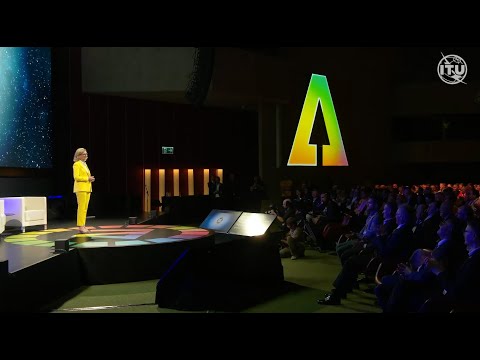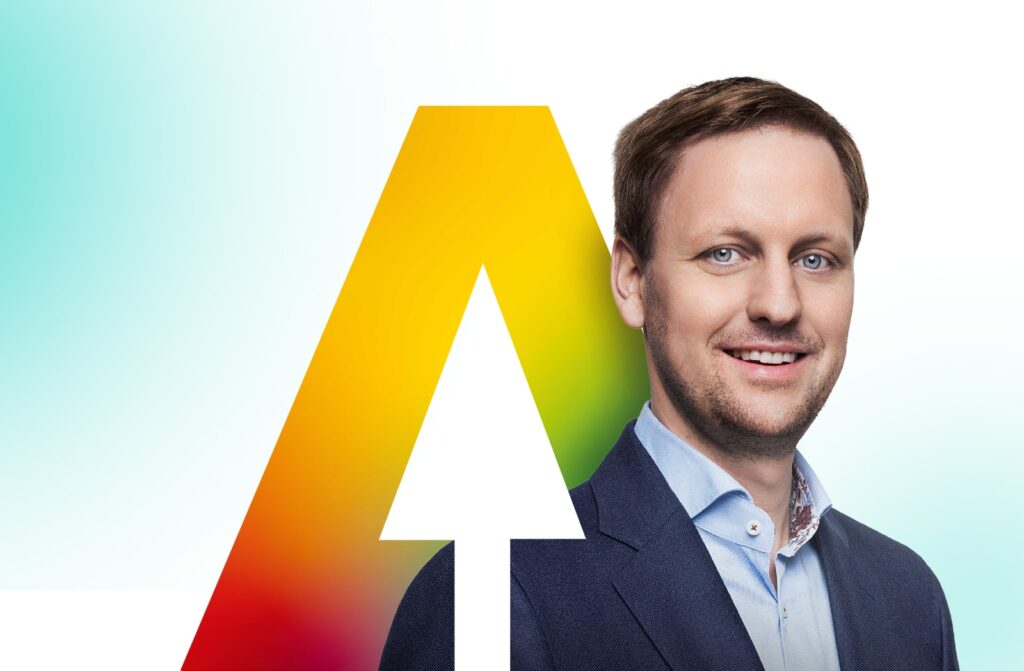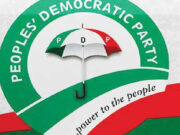Every year, the AI for Good Global Summit, organised by the International Telecommunication Union (ITU) in Geneva, brings together technologists, policymakers, and civil society leaders to explore how AI can advance global development goals. In 2025, amid the AI fervour, a quiet revolution was unfolding: the emergence of the Quantum for Good track, which took centre stage to explore governance, access, and preparedness in quantum sensing, communications, and computing.
What began as a cadre of focused sessions has now evolved into a thematic pillar, demonstrating that quantum technology is ready to wrestle with big questions even before it’s ubiquitous. Far from being a niche entry, the two-day track underscored quantum’s distinct opportunity to forge ethical, equitable, and scientifically sound architecture ahead of rapid commercialisation.
Table of Contents

Anticipating Rather Than Reacting
A stark contrast at the conference was the different postures taken toward AI and quantum. AI, already deployed globally, is now defensively bordered by frameworks, regulations, and ethical debates. Quantum, by contrast, is still formative—its potential yet to be unleashed fully. Speakers emphasised that this is exactly what gives quantum its edge.
Rather than putting the cart before the horse, the community is convening now to build anticipatory policies around data sovereignty, shared standards, and equitable access. In the quantum landscape, progress doesn’t have to wait for ubiquity; the groundwork can begin in advance. And, as experts warned, delays could close the window of opportunity.
Timeline Fragmentation: One Future, Many Speeds
One of the conference’s clearest revelations was that there is no unified timeline for quantum progress—and that’s intentional.
Individual quantum technologies are unfolding across distinct trajectories:
- Quantum sensing, for ultra-precise measurements, is making early strides in fields like healthcare and environmental monitoring.
- Quantum communications, such as Quantum Key Distribution (QKD), is inching toward real-world pilots.
- Quantum computing, still nascent and noisy, continues to need engineering breakthroughs before it can scale.
Panellists stressed that policymaking, workforce training, and standards development must reflect this reality. Instead of a one-size-fits-all roadmap, they called for adaptive governance frameworks, responsive to each domain’s maturity and threats.
Governance Before Commercialisation
Central to the discourse was the need to embed regulatory guardrails before market dynamics take over. In fact, thought leaders presented a case for proactive governance:
- Global standard-setting: Developing shared interoperability benchmarks and ethical safeguards before deployment.
- Diplomatic coherence: Embedding quantum issues into international dialogues, trade agreements, and UN-led frameworks.
- Public-private partnerships: Encouraging equitable participation from governments, industry, academia, and civil society to co-create quantum systems.
This approach mirrors the precautionary principles now gaining acceptance in AI, but with quantum, the goal is to build frameworks before commercialisation gains full momentum.
Equity, Education, and Inclusion
Another theme: quantum’s promise must extend beyond research labs and the Global North. The summit put inclusion centre-stage:
- Multilingual quantum literacy: Announced initiatives aim to disseminate knowledge and resources in multiple languages, enriching underserved communities.
- Workforce development: Speakers emphasised co-developing training programs, educational paths, and knowledge-sharing platforms to build a diverse global talent pipeline.
- Access frameworks: Free or affordable quantum tools, open-source code, and inclusive pilot projects in climate, health, and agriculture were flagged as critical to ensure fair distribution of benefits.
By addressing these proactively, the hope is to avoid a familiar pattern, where cutting-edge technologies deepen existing divides.

Making Real-World Strides: Four Major Announcements
The Quantum for Good track didn’t just outline intentions—it launched concrete initiatives grounded in collaboration:
- Quantum for Good 2026: A commitment to return next year with broader engagement across civil society, industry, and researchers.
- QKD pilot in Geneva: A joint collaboration between ITU and UNICC will test quantum-based secure communication in a UN city-state environment.
- Multilingual Quantum Literacy Course: Designed for global audiences, especially in underrepresented regions.
- Quantum World Tour: Set for September 2025, this global roadshow—led by The Quantum Insider and ITU—will showcase local quantum ecosystems around the world.
These announcements signal that quantum governance is evolving from rhetoric into action.
Quantum’s Strategic Advantage
Quantum technologies still ride an early‐stage wave, unlike AI, which is already distributed and reactive. This positions quantum uniquely: as a strategic domain where governance, standards, and ethical considerations can follow the principle of governance by design.
Rather than trying to retrofit frameworks after commercialisation, quantum’s developmental timeline allows for guardrails—scientific, regulatory, and institutional—to emerge at a formative stage. But there’s no time to waste: as technologies mature, so does commercial and geopolitical momentum.
Global Coordination: A Multilateral Orchestra
Another recurring motif was the importance of multilateralism. Quantum demands collaboration at a scale comparable to AI—if not more so—because it traverses critical infrastructure, security, and socioeconomic value. The summit emphasised:
- Diplomacy: Engaging quantum in existing forums like the UN, ITU standards bodies, and trade discussions.
- Science diplomacy: Encouraging joint research, shared labs, and equitable access to quantum testbeds.
- Financial support: Channelling funding toward public-interest quantum projects, particularly those addressing UN Sustainable Development Goals.
This cooperative ethos is echoed in the push for a Quantum World Tour, recognising that quantum leadership hinges on diverse participation.
Quantum and AI: Divergent But Intertwined Paths
A provocative undercurrent at the summit: quantum and AI are different, but complementary. AI is immediate, dynamic, and messy; quantum is measured, structured, and foundational. Yet both underpin future critical infrastructures—AI runs on data, quantum secures and processes it.
The notable dependency? Quantum may one day break current cryptography, undoing today’s AI-powered systems. Thus, building quantum resilience and preparing AI for quantum-era threats are interlinked. Governance in one domain strengthens the other.
Indeed, experts like NCS Group’s Chief Scientist, Ying, warn that quantum-enabled decryption could allow retroactive data breaches—a ticking clock for AI governance.
Governance Models: Inspirations and Challenges
Quantum governance isn’t invented from scratch. Proposals surfaced referencing existing treaties and mechanisms:
- Quantum treaty frameworks: Inspired by precedents like the NPT (Nuclear Non-Proliferation Treaty) and evolving AI treaties.
- Atomic Agency for Quantum-AI: Conceptual models envisioning an international body akin to IAEA, dedicated to quantum and hybrid quantum-AI regulation.
- IPCC-style assessments: Multinational panels for regular reporting on quantum progress, risks, and SDG alignment.
Rather than distant thought experiments, these ideas underpin the summit’s ethos: quantum governance needs legal, diplomatic, and technical scaffolding grounded in global cooperation.
The Road Ahead: From Policy to Practice
The summit closed on a note of optimism—but also urgency. Quantum may be in its infancy, but the decisions made now will determine its global impact. As one panellist phrased it: “If we miss this moment, the chance to shape quantum for good might vanish.”
Moving forward, the path hinges on:
- Operationalising standards: Turning high-level principles into certification, testing frameworks, and international norms.
- Building technical capacity: Investing in testbeds, labs, and hardware accessible globally.
- Coordinated diplomacy: Linking quantum goals to broader international security, trade, and development agendas.
- Continued convening: Sustaining momentum through recurrent summits, regional roadshows, and multi-stakeholder dialogues.
Why This Matters
Quantum matters not because it’s flashy, but because it’s fundamental. It promises to unlock faster algorithms, encryption-resistant communications, and ultra-sensitive sensing. But unless its foundations are built with equity, security, and collaboration, it risks deepening divides, undermining trust, and fracturing strategic order.
The 2025 Quantum for Good track didn’t paint a utopian vision. It drew a roadmap—anchored in realism, steeped in global governance, and rooted in inclusivity. That roadmap now awaits real-world pilots, budget lines, and coalition-building.
With the QKD pilot underway in Geneva, a global literacy course, and a world tour planned, the next 12 months promise a shift—from planning to implementation. And if quantum remains true to its promise, its value won’t merely be technological—it will be measured in fairness, resilience, and global public good.

Conclusion
In a world eager to chase AI headlines, quantum’s quieter—yet more deliberate—emergence is a gift. An opportunity to do governance right. As the Quantum for Good summit reminds us, we have a fleeting moment where timelines are flexible and collaboration is possible.
The governance frameworks, language, and institutions we forge today will determine whether quantum space becomes a realm of shared progress or a contested geopolitical terrain. With cross-cutting initiatives in Geneva and beyond, the global community is signalling that they intends to make the former a reality.
Join our WhatsApp community
Join Our Social Media Channels:
WhatsApp: NaijaEyes
Facebook: NaijaEyes
Twitter: NaijaEyes
Instagram: NaijaEyes
TikTok: NaijaEyes






































